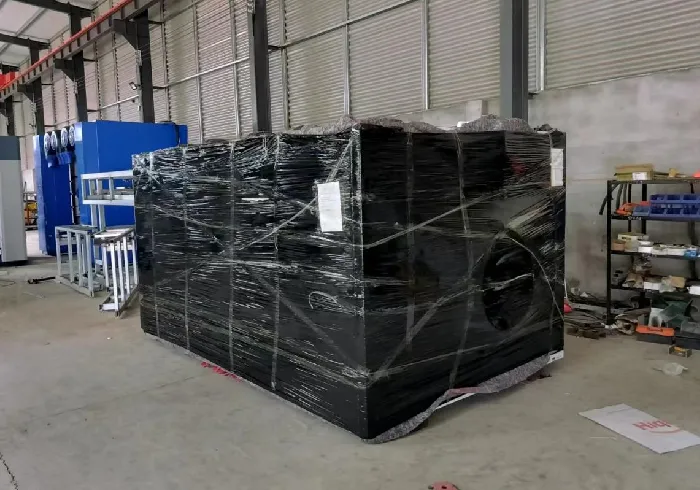
- Afrikaans
- Albanian
- Amharic
- Arabic
- Armenian
- Azerbaijani
- Basque
- Belarusian
- Bengali
- Bosnian
- Bulgarian
- Catalan
- Cebuano
- Corsican
- Croatian
- Czech
- Danish
- Dutch
- English
- Esperanto
- Estonian
- Finnish
- French
- Frisian
- Galician
- Georgian
- German
- Greek
- Gujarati
- Haitian Creole
- hausa
- hawaiian
- Hebrew
- Hindi
- Miao
- Hungarian
- Icelandic
- igbo
- Indonesian
- irish
- Italian
- Japanese
- Javanese
- Kannada
- kazakh
- Khmer
- Rwandese
- Korean
- Kurdish
- Kyrgyz
- Lao
- Latin
- Latvian
- Lithuanian
- Luxembourgish
- Macedonian
- Malgashi
- Malay
- Malayalam
- Maltese
- Maori
- Marathi
- Mongolian
- Myanmar
- Nepali
- Norwegian
- Norwegian
- Occitan
- Pashto
- Persian
- Polish
- Portuguese
- Punjabi
- Romanian
- Russian
- Samoan
- Scottish Gaelic
- Serbian
- Sesotho
- Shona
- Sindhi
- Sinhala
- Slovak
- Slovenian
- Somali
- Spanish
- Sundanese
- Swahili
- Swedish
- Tagalog
- Tajik
- Tamil
- Tatar
- Telugu
- Thai
- Turkish
- Turkmen
- Ukrainian
- Urdu
- Uighur
- Uzbek
- Vietnamese
- Welsh
- Bantu
- Yiddish
- Yoruba
Starting Your Own Truck Wash Business for Success and Profitability
The Truck Wash Business An Emerging Opportunity in the Automotive Care Industry
In today’s fast-paced and competitive transportation industry, maintaining the appearance and functionality of trucks has become a significant concern for many logistics and trucking companies. This growing need presents an exciting business opportunity for entrepreneurs looking to invest in the truck wash business. As commercial vehicles spend countless hours on the road, they are subjected to dirt, grime, and environmental elements that can damage their exteriors and compromise their performance. Therefore, a reliable and efficient truck wash service is not just a luxury; it is a necessity.
Understanding the Truck Washing Needs
Truck washes cater to large transport vehicles including semi-trucks, trailers, and delivery vans. Unlike standard car washes, truck washes must accommodate larger sizes and the unique requirements of commercial vehicles. These trucks often require specialized equipment such as high-pressure washers, brushes with truck-friendly bristles, and eco-friendly detergents that are tough on dirt but gentle on paint and finishes. Additionally, many truck washes now incorporate water recycling systems to minimize environmental impact, which is increasingly important to today’s eco-conscious consumers.
Types of Truck Wash Services
The truck wash business can be segmented into several different service models. Some truck washes focus on basic exterior washes, while others offer more comprehensive services that include interior cleaning, detailing, and even maintenance checks. Here are a few common services offered in the truck wash business
1. Basic Wash This includes a thorough exterior wash, where high-pressure water jets remove dirt and grime from the truck’s surface.
2. Detailing Beyond just a wash, detailing can involve deep-cleaning the vehicle’s interior, conditioning the leather or vinyl surfaces, and polishing the exterior.
3. Underbody Wash This is crucial for trucks that frequently travel on unpaved roads or in winter conditions where salt is used. A thorough underbody cleaning helps prevent rust and corrosion.
4. Fleet Services Many truck wash businesses partner with logistics companies, offering fixed contracts for regular washes for their fleet, ensuring that all vehicles are maintained at optimal condition.
The Business Model
truck wash business

Starting a truck wash business requires careful planning and consideration. Entrepreneurs must focus on various operational aspects, including location, equipment, staff, and marketing.
1. Location The ideal location for a truck wash is near main highways or distribution centers where trucks frequently pass. Accessibility and visibility are key factors that can attract more customers.
2. Equipment Investing in high-quality equipment is essential. Automated truck washes, pressure washers, and eco-friendly cleaning supplies are important items that will dictate the overall quality of your service.
3. Staffing Hiring skilled staff who understand the nuances of truck washing and detailing is necessary to ensure that service standards are met. Training staff on efficiency and the use of tools can greatly enhance productivity.
4. Marketing Building a strong brand presence through online platforms, local advertising, and partnerships with trucking companies can help drive traffic to the business. Word of mouth remains one of the most effective marketing tools, especially in close-knit trucking communities.
Challenges & Opportunities
Like any business, the truck wash industry comes with its own set of challenges. Fluctuating fuel prices, seasonal demand variations, and stringent environmental regulations can impact operations. However, the growing trend of sustainability in business presents numerous opportunities for differentiation. By emphasizing eco-friendly practices, such as using biodegradable products and recycling water, a truck wash can appeal to environmentally conscious companies.
Moreover, the rise of e-commerce has boosted demand for logistics and freight services, leading to an increasing number of trucks on the road. This trend suggests a promising future for the truck wash business as fleet operators seek to maintain and enhance the image and performance of their vehicles.
Conclusion
The truck wash business represents a lucrative opportunity for entrepreneurs willing to invest time and resources. With the right approach, an effective service model, and a focus on sustainability, starting a truck wash can yield significant returns while contributing positively to the environment. As the trucking industry continues to grow, so too will the need for reliable truck washing solutions, making this a timely and relevant venture for aspiring business owners. With diligent planning and execution, success in the truck wash business is certainly within reach.
-
Integrating Aqua Tunnel Car Wash in Shopping CentersNewsJun.24,2025
-
Gas Station with an Auto Car Wash MachineNewsJun.24,2025
-
Efficiency in Your Aqua Tunnel Car Wash: Power & Water-SavingNewsJun.24,2025
-
Car Wash Business with Advanced Auto Car Cleaning MachinesNewsJun.24,2025
-
Balancing Setup Costs with Aqua Tunnel Car WashNewsJun.24,2025
-
Aqua Tunnel Car Wash: Eco-Design for the Energy-Savvy EntrepreneurNewsJun.24,2025



